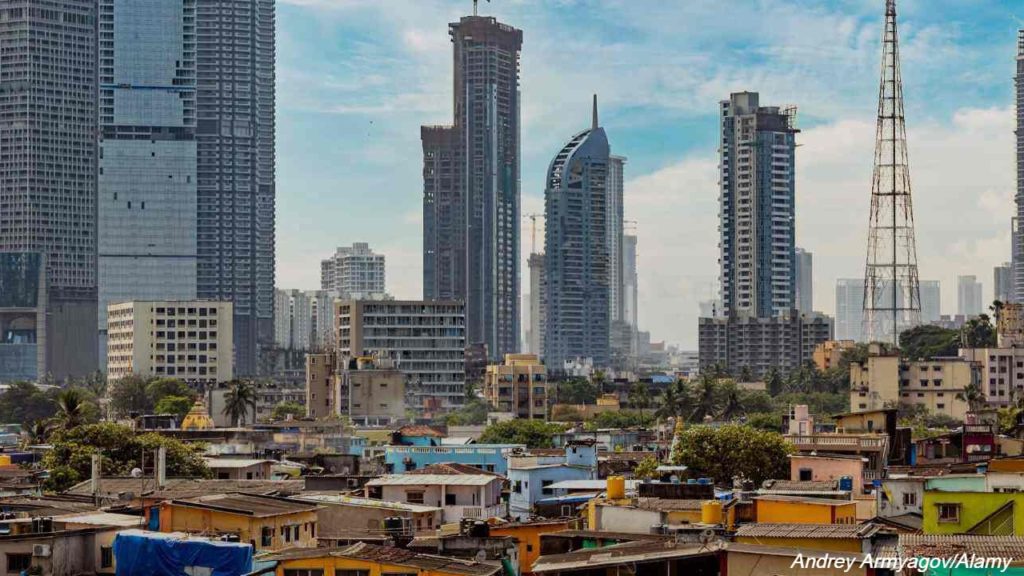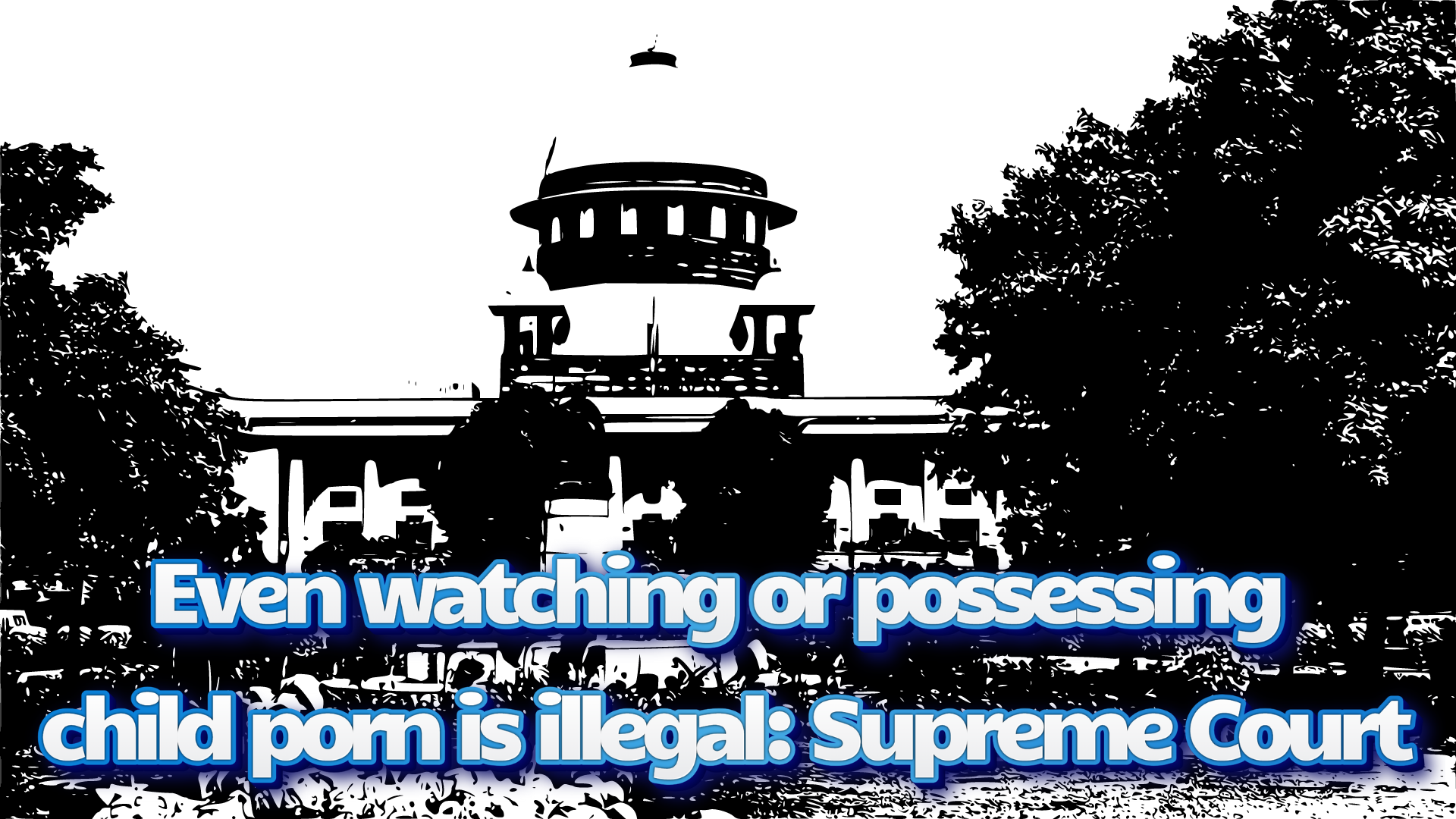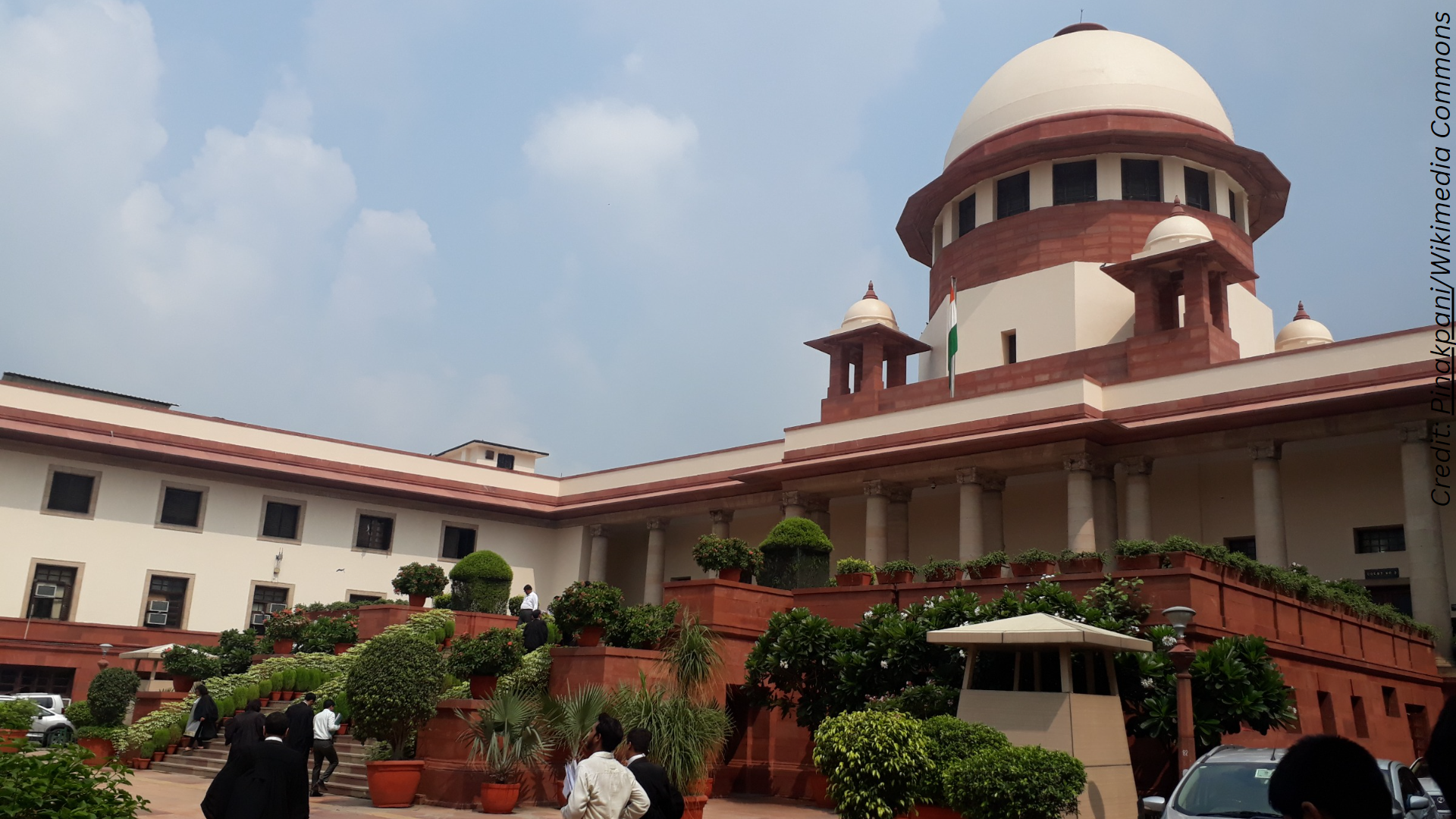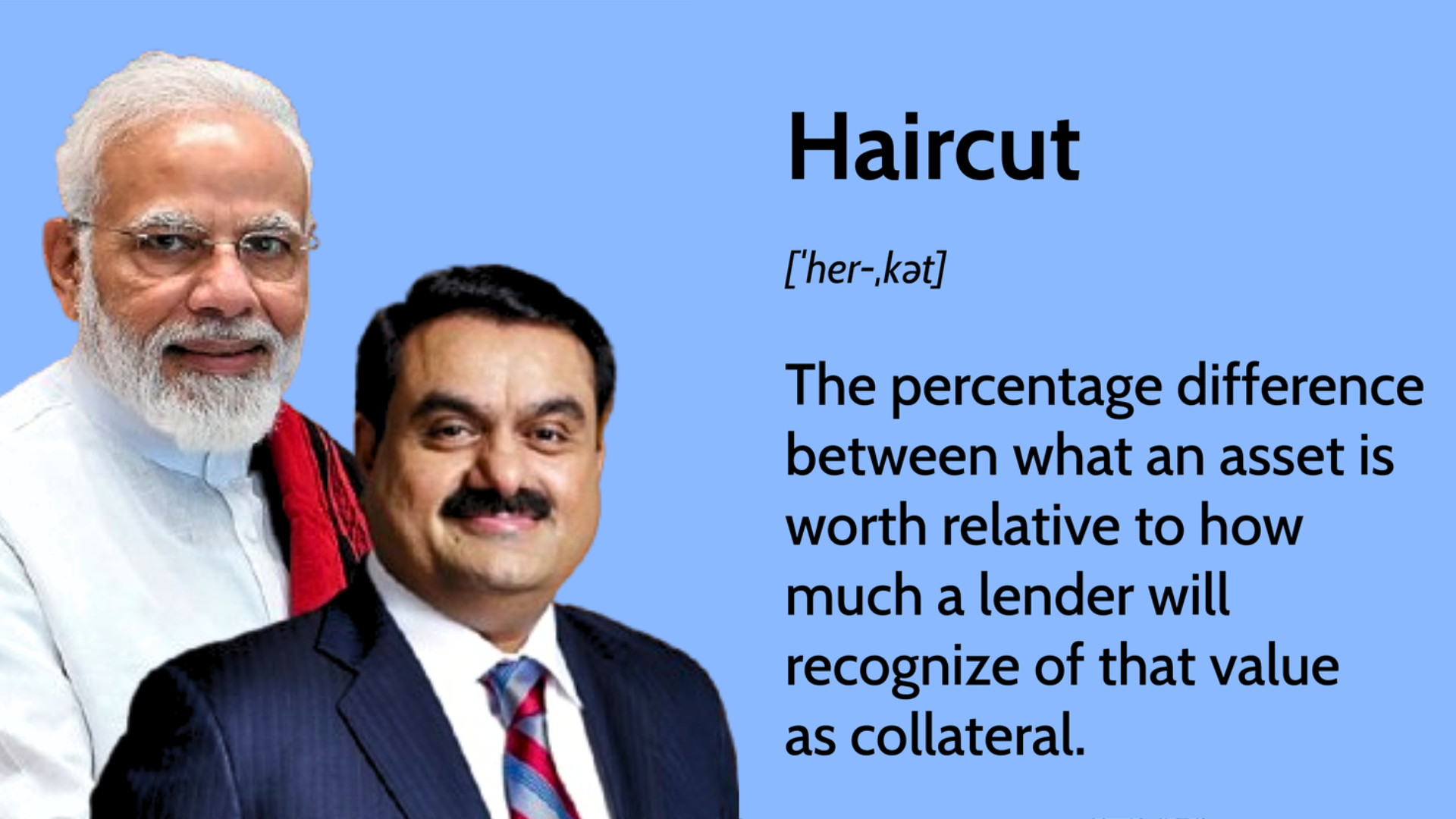Rapidly rising inequality in India, and across the world, says Oxfam report

The latest report of Oxfam, ‘Inequality Kills’ shows that, during the period of the COVID-19 pandemic, while the wealth of billionaires across the world, and in India as well, has shot upward, the state of the poor have rapidly surged downward, with their number in India doubling.
Oxfam’s analysis in its latest report ‘Inequality Kills’ shows that during the COVID-19 pandemic (the report covers the period from March 2020 to November 2021) the wealth of Indian billionaires rose from Rs 23.14 lakh crore to Rs 53.16 lakh crore. In contrast, more than 4.6 crore Indians were estimated to have fallen into extreme poverty in 2020 alone. This number was nearly half of the global new poor according to the United Nations, Oxfam said in its report.
The UK-based global pverty alleviation confederation of 21 independent charitable organisations says that India’s richest have more than doubled their fortunes during the COVID-19 crisis that has ravaged the country and worsened poverty. It emphasises that the government should revisit its policies to redistribute wealth.
The report on on rising inequality was released on Monday, January 17, on the first day of the World Economic Forum’s (WEF) online Davos Agenda summit.
The nation added 40 billionaires to the 142 last year (2021), when a second wave of infections overwhelmed the health infrastructure and pushed crematoriums and burial grounds to breaking point.
The 182 billionaires have almost $720 billion in combined fortune, more than the poorest 40 per cent of the population, says the report.
India, where urban unemployment climbed as high as 15 per cent in May 2021 and food insecurity worsened, now counts more billionaires than France, Sweden and Switzerland combined, the India supplement of the global report said.
“Unfortunately, not only has the taxation policy of the Indian government been pro-rich, it has also deprived India’s States of important fiscal resources—both particularly damaging in the context of the Covid-19 crisis,” the report said.
State policies including the abolition of a wealth tax in 2016, steep cuts in corporate levies and an increase in indirect taxation are among the factors that helped make the rich richer, while the national minimum wage has remained at 178 rupees ($2.4) a day since 2020.
Reduced federal funding to local administrations amid growing privatisations in the health and education sectors have further boosted inequalities. The nation is home to a quarter of the world’s undernourished people, Oxfam said, citing the World Food Programme.
PM at the WEF summit
However, Prime Minister Modi said at the online summit on Moday that India is moving forward with great strength and vigour in its 75th year of independence. He talked about some of the pressing issues like COVID-19, climate change, cryptocurrency, and reforms and initiatives taken by his government for ease of doing business.
“By reducing our corporate tax rate, we are making it most competitive. This is the best time to invest in India,” he emphasised.
“While following the path of self-reliance, India’s focus is not only on easing the processes,but also on incentivising investment and production. With this approach, today, $26 billion worth of PLI schemes have been implemented in 14 sectors,” he added.
Inequality surged across the world
Wealth has surged globally during the pandemic as the value of everything from stock prices to crypto and commodities has jumped.
The first two years of the pandemic saw the incomes of 99 per cent of humanity fall and over 16 crore people forced into poverty, even as the world’s 10 richest people saw their fortunes more than double to $1.5 trillion (over Rs 111 lakh crore) at a rate of $1.3 billion (Rs 9,000 crore) a day, or $15,000 per second.
On the other hand, inequality is contributing to the death of at least 21,000 people each day, or one person every four seconds, in the world. This is a conservative finding based on deaths globally from lack of access to healthcare, gender-based violence, hunger and climate breakdown, the report added.
The inequality between the rich and the poor in the world is so much that even if the10 richest were to lose 99.999 per cent of their wealth tomorrow, they would still be richer than 99 per cent of all the people on this planet.
“They now have six times more wealth than the poorest 3.1 billion people. … It has never been so important to start righting the violent wrongs of this obscene inequality by clawing back elites’ power and extreme wealth including through taxation—getting that money back into the real economy and to save lives,” said Oxfam International’s Executive Director Gabriela Bucher.
Incidentally, the Union Ministra of Home Affairs has withdrawn Oxfam India’s FCRA registration. The organisation said it had applied for renewal of the license last April. FCRA registration is a mandatory requirement to receive foreign funds.
The FCRA registration of 5,993 NGOs ceased to operate from January 1, 2022.







